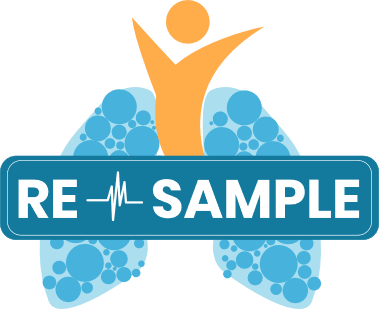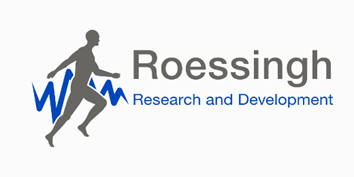The university of Twente actively sought contact with stichting Vrouwen en Hoger Technisch Onderwijs (VHTO) organisers from the Girlsday within Netherlands. During Girlsday, technical companies, (non-)governmental organizations, and research institutes open their doors for 10-15 year old girls, in order to awaken/increase their interest in science, technology, engineering and mathematics (STEM). In 2023, the girls day will take place on Thursday 30th of March on Campus of University of twente and will host 3 groups of pupils (25 a 30) from three different schools the university works with Greijdanus Zwolle; Lyceum de Grundel and Montessori College Twente. These students will be introduced to the wonders of science of the multiple disciplines at the University of Twente. Ranging from electrical engineering till soil mechanics; from privacy till novel materials at the nanoscale using supercomputers; from Citizen Science till Healthcare.
The organisation is co-organised by Strategic Business Development (SBD) and Pre-University (Pre-U and includes collaboration with the Diversity, Equity and Inclusion (DEI) Team and the Female Faculty Network Twente (FFNT) at the University of Twente.
Power electronics and Electromagnetic Compatibility (PE)
Power electronics is nowadays found in almost every system where electricity is used for computing, communication, renewable energy harvesting and transportation. It is a key technology for improving energy efficiency and reduce CO2 emissions.
Many of our projects involve integrating power electronic converters in systems dealing with modelling and optimizing the interaction between the components; such as batteries, solar cells, electrical machines and electromechanical actuators. Working as an engineer in real life you will often have to solve problems related to power quality, electromagnetic compatibility and overheating while tuning the system for best performance.
https://www.utwente.nl/en/eemcs/pe/

Currently, the problem of EMI is tackled using a “rulebased” approach. What this means is that during the design phase for a piece of electronic equipment a number of guidelines/standards are prescribed, resulting in the default application of a set of mitigation techniques (filtering, shielding, cable routing, etc.). But as the examples above illustrate, such an approach has some serious flaws when it comes to modern high-tech systems and high-criticality applications like medical systems and remote vehicles. This is because tackling the problem by applying rules leads to too many failure scenarios being overlooked and giving us a very false sense of security when it comes to how reliable and safe a new system actually is. Therefore, in order to make sure that people’s safety is not compromised in this way, the PETER consortium will initiate a novel and much more robust “risk-based” approach to EMI management.
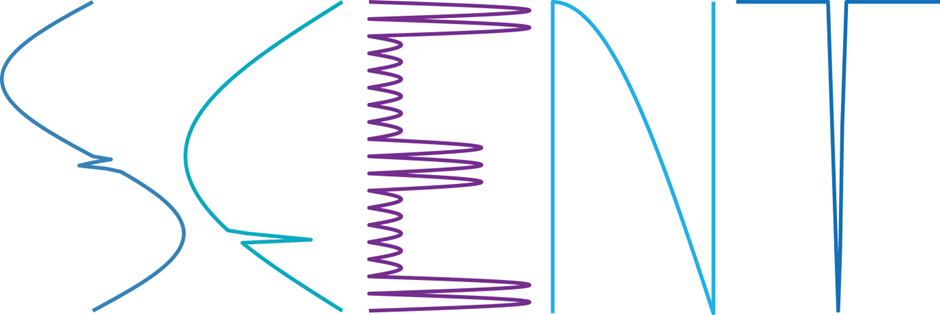
The global vision of Smart and Sustainable Cities is greatly restricted by the rapid increase of interference and interoperability problems which occur through the interaction of electrical power with information technology and communications equipment. This interconnected systems-of-systems infrastructure creates a complex electromagnetic environment in which interoperability of the electronic systems has to be achieved.

The use of more distributed renewable energy sources connected through power electronic converters can mitigate climate change. However, the demand for more electric transport requires power electronic specialists. In Western Europe there is a lack of electrical engineers, and in Eastern Europe highly skilled engineers are underpaid. The EU-funded ETUT project will improve the career prospects of Ukrainian engineers through collaborations with leading European universities. The aim is to train more electrical engineers so they can be absorbed in the European labour market. The project will model, design, estimate, quantify and monitor economic measures for a reliable, safe, effective and greener electrical transport system. The training programme will include innovative methods to be applied in electric transport.
Computational Chemical Physics group (CCP)
We are a computational group focusing on the theory and simulation of physical phenomena which span wide spatial and dynamical scales, from photoexcitations of electrons to the dynamics of structure formation of biomolecular systems. Our methodology ranges from electronic structure theory and quantum Monte Carlo approaches to coarse grain molecular and Brownian dynamics. Using similar methods, we also investigate the flow properties of soft matter. Our activities encompass both practical problems and the development of novel computational methods when needed.
https://www.utwente.nl/en/tnw/ccp/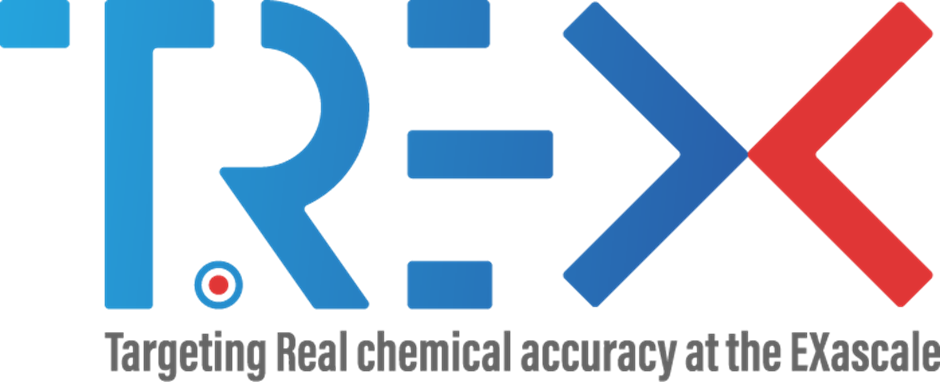
In a few years, we will have in Europe the first generation of exascale machines. To harness this huge computational power, new software strategies need to be devised and this requires a significant, joint effort of domain scientists and computational experts. To this aim, the European Commission funds targeted Centers of Excellence, each to empower a specific scientific community. TREX has been awarded Center of Excellence for the community of quantum chemistry. TREX federates European scientists, High Performance Computing stakeholders, and SMEs to develop and apply high-performance software solutions for quantum mechanical simulations at the exascale.
Biomedical Signals and Systems (BSS)
Biomedical Signals and Systems (BSS) is a multidisciplinary group based in Electrical Engineering, focussing on finding solutions for medical challenges via signal and system analysis. Advanced (ambulatory) sensor technology combined with our broad knowledge of the human body as a dynamic system enables (eHealth) technology to improve prevention, diagnosis and treatment of sensory, motor and internal dysfunction in clinical and home/selfcare setting. Our research helps to improve the quality of life of elderly, people with chronic diseases and rehabilitation patients.
We work together with many external partners from the clinical, academic and industrial field, such as ZGT, MST, St. Antonius, CHDR, Roessingh, Xsens and TMSi. Our research program is embedded in the Techmed Centre and for eHealth also embedded in the Digital Society Institute.
https://www.utwente.nl/en/eemcs/bss/
https://www.utwente.nl/en/bms/htsr/
https://www.utwente.nl/en/eemcs/scs/
|
|
In Europe alone, an estimated 4 to 10 per cent of the population suffers from Chronic Obstructive Pulmonary Disease (COPD). It is a progressive lung condition that significantly impacts patients’ quality of life and life expectancy. Patients with COPD often require various treatment approaches to relieve their respiratory (e.g., shortness of breath, coughing) and non-respiratory (e.g., fatigue) symptoms, as well as other accompanying conditions (e.g., diabetes, cardiovascular diseases, mental health issues). The main objectives are empower patients with COPD and CCCs in self-care by developing a multidisciplinary, adaptive virtual companionship programme and drive structural change in healthcare together with patients, healthcare professionals, scientists, policy makers, and industry.
DesignLab
DesignLab is an eco-system facilitating creative collaboration and knowledge transfer between researchers, societal organizations, students, and citizens. We value plural perspectives and expertise from individuals as well as organizations – nurturing collaborative projects that transcend disciplinary and professional domains.
https://www.utwente.nl/en/eemcs/facilities/designlab/#

Citizen Science is a growing field where researchers, civil society and citizens come together to participate in scientific research. The European Commission granted 1,5M Euro to a pan-European consortium brought together by UT's DesignLab in the project INCENTIVE. The project started in February 2021.
Data Management & Biometrics (DMB)
Digitalisation of society provides a treasure trove of data, based on an abundance of sensors and connectivity of services and people. Web and social media offer endless possibilities for people to connect, develop and use digital services. Our increasing data science abilities for data analysis and machine learning drive novel smart services. They provide solutions benefitting society in a large variety of domains, including health, engineering, safety and security, business, and science. At the same time, this digitalisation comes with challenges. You can think of concepts like fairness, data quality, and trust, and threats such as fake news that must be addressed. This requires a fundamental inter-disciplinary approach bridging fields like computational statistics, machine learning, image and signal processing, information retrieval, and data processing and management.
https://www.utwente.nl/en/eemcs/dmb/
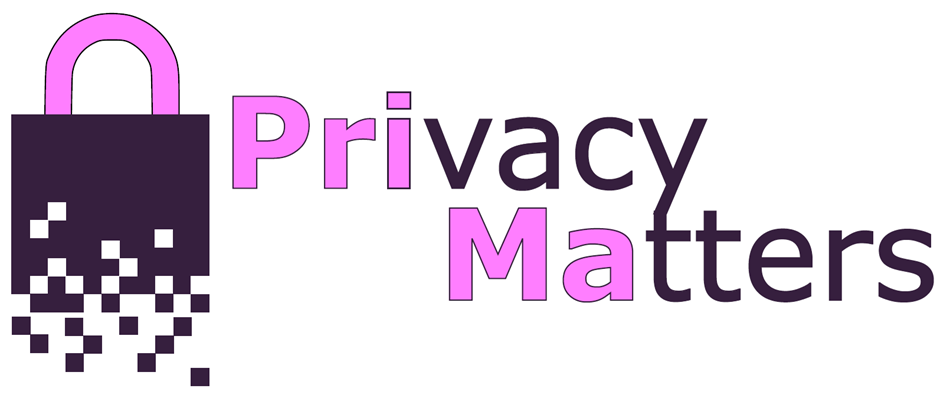
PriMa (Privacy Matters) is an Innovative Training Network (ITN) funded by the EU through the Horizon 2020 Framework. PriMa is a collaboration between 7 research locations and 7 industrial partner organisations with a focus on the analysis and mitigation of privacy risks in a rapidly digitalising society. One factor contributing to the erosion of privacy is the growth in recognition technologies that not only facilitate the recognition of individuals but also the inference from biometric data of emotional state, gender, health, age, and even profession. Another factor is the fast advancement of artificial intelligence, allowing for extensive data mining, and aggregation, linkage and inference of personal information. Hence, there is a real possibility that acceptable privacy may become unattainable unless technological and societal steps are taken to allow citizens to regain control of their personal information.
Soil MicroMechanics (SMM) and Multiscale Mechanics (MM)
Soil MicroMechanics offers the exciting opportunity to establish a new field of research: microscale features can be exploited to modify soil as desired and tune hydro-mechanical properties, toward the concept of Smart Soils, with the final goal to design construction materials by need. The research approach uses advanced numerical tools such as discrete element modelling (DEM) as well as theoretical modelling and experimental techniques to look at fundamental soil behaviour, including sand, clays and peats, the application to construction works and buried infrastructures as utilities, the prediction and mitigation of risks related to those.
https://www.utwente.nl/en/et/cem/chairs/magnanimo/
https://www.utwente.nl/en/et/tfe/research-groups/MSM/
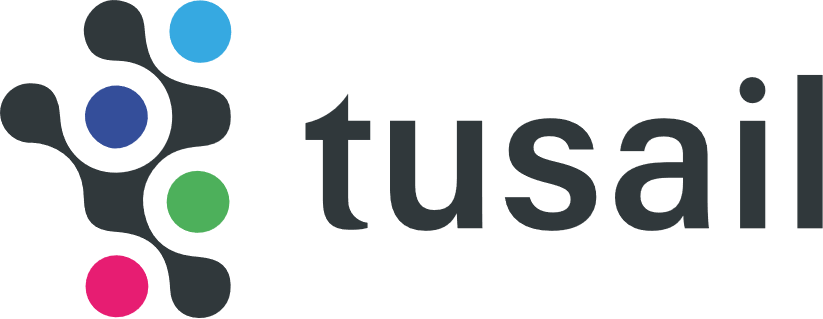
TUSAIL is an Innovative Training Network funded by Horizon 2020 which comprises 16 academic and industrial partners in total, led by the University of Edinburgh. TUSAIL stands for “Training in Upscaling particle Systems: Advancing Industry across Length-scales”. Over the course of four years, TUSAIL will train 15 early-career researchers (ESRs) through a combination of PhD research, scientific training and industrial secondments. The reliable, validated simulation methodologies and tools developed in TUSAIL will be disseminated to industry, enabling quantitative predictions of large industrial processes which will be of value for design, operation and optimisation.
NanoElectronics (NE)
The NanoElectronics Group (NE) performs research and provides education in the field of nanoelectronics, comprising the study of the electronic and magnetic properties of systems with critical dimensions in the nanoregime. It is our mission to excel in the field of nanoelectronics through the development of novel (concepts for) electronic devices and systems with nanoscale dimensions for application in future generations of electronics and information storage. In particular, we focus on neuromorphic electronics, quantum (spin) electronics, 2D electronic systems and acousto-electronics.
https://www.utwente.nl/en/eemcs/ne/

The TOPSQUAD project funded by the FET-Open program of the European Commission aims to bring a crucial contribution towards realizing the building blocks for the future quantum computer, the so-called qubits. Scientific results from TOPSQUAD could help develop an unprecedented stable many-qubit system by synthesizing for the first time germanium nanowire networks on silicon wafers.
https://www.utwente.nl/en/topsquad

The new European Commission-funded Pathfinder project (Hybrid electronic-photonic architectures for brain-inspired computing) aims to deliver a new computing system that is inspired by the human brain. The project will develop a “HYBRAIN system” that is both super-fast, consumes very little energy and which can make real impact on ‘ultra-fast response’ technologies.
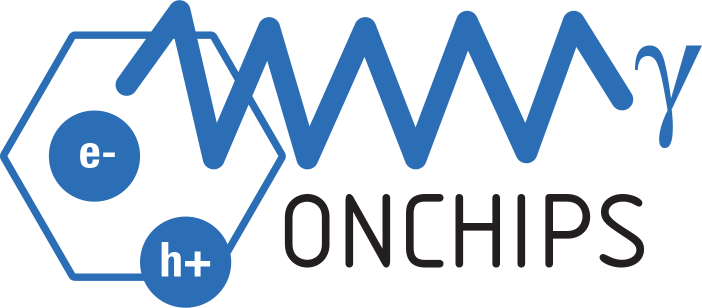 The Horizon Europe project ONCHIPS aims to provide a unique silicon-based integrated architecture by developing key building blocks for quantum technologies.
The Horizon Europe project ONCHIPS aims to provide a unique silicon-based integrated architecture by developing key building blocks for quantum technologies.
Such a technology combines the best of two worlds: it would interface individual spin qubits and photons, and drastically enhance the scalability of quantum systems. The ONCHIPS’ novel silicon platform integrating quantum electronics and photonics will make a high impact in the quantum community and semiconductor industry positioning Europe at the forefront of these domains.
Organization
Pre-University (Pre-U)
Pre-U offers a broad array of activities where you can get your first experience with scientific education and help with choosing a study programme. At Pre-U, university students work with a lot of enthusiasm to help get students like you ready for studying at a university. Our activities are planned and given by those students. The target group of Pre-University is Dutch education, so the activities are mainly in Dutch.
Strategic Business Development (SBD)
The Strategic Business Development (SBD) team works to increase the economic and social impact of the University of Twente by connecting the university’s outstanding research capabilities with the market and wider society, both in the Netherlands and beyond, in ways that are effective and distinctive. SBD contributes specifically to the university’s broad knowledge transfer objectives by both increasing and expanding its strategic and sustainable partnerships with companies, funds, Top Consortiums for Knowledge and Innovation (TKIs), non-profit organisations such as hospitals, and government bodies at regional, national and international level.
Female Faculty Network Twente (FFNT)

The Female Faculty Network Twente (FFNT) is looking for new members to work with the Board. In the last years, the awareness towards Diversity, Inclusion and Equity has grown regionally, nationally and internationally, and our University is committed to support these efforts. We pursue our mission and build academic leadership for women at UT. We foster career development and promote diversity and inclusion, via engagement of our members, continuous information, and active networking. The vibrant environment around us calls for further commitment, we feel the need to expand our role and diversify our actions
https://www.utwente.nl/en/ffnt/
Diversity, Equity and Inclusion (DEI)
Raising awareness, identifying and breaking down barriers. Putting policies and guidelines in place to transform the University of Twente into an even more inclusive place for students, employees, partners and guests. It is our firm conviction that harnessing the potential of diversity brings better education, better research, more personalised services and bigger societal impact. And that - to be able to fully benefit from the diverse backgrounds, perspectives, talents and experiences of our community - we must strive to be a more inclusive university. We have to cherish and support each and everyone to enable all of us to get a strong shared sense of belonging at our university. After all, a sense of belonging is what strengthens and increases the impact of both the personal and the collective efforts.

